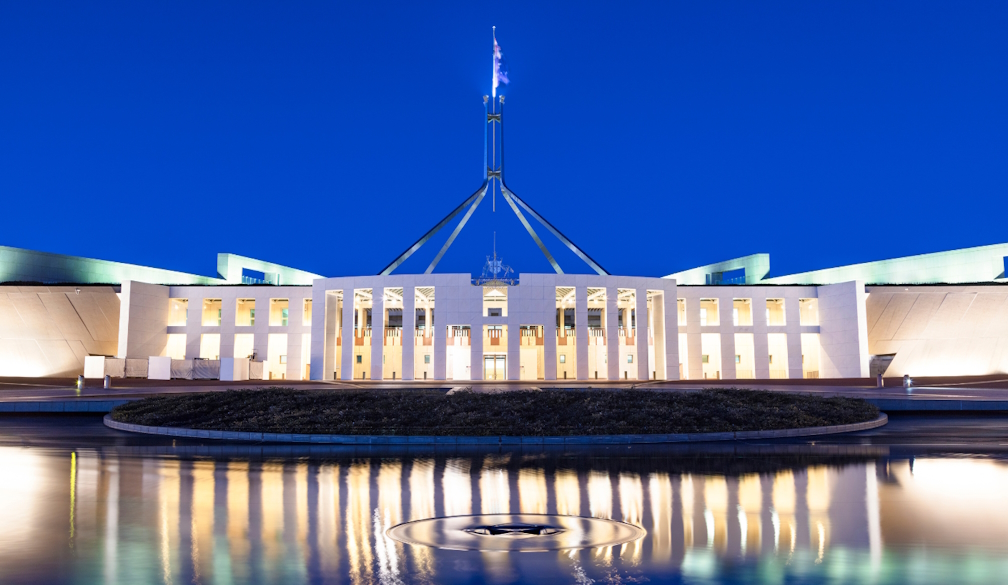Wild swings in the oil price make the Reserve Bank’s job harder
- Written by John Hawkins, Head, Canberra School of Government, University of Canberra

It looks, at least for now, as though tensions in the Middle East are easing somewhat[1]. It appears much less likely Iran will try to close the Strait of Hormuz, through which flows about a fifth of the world’s oil.
In response, oil prices have dropped to a two-week low below US$70 a barrel.
The economists at the Reserve Bank will be breathing a sigh of relief. A surge in oil prices would have injected more uncertainty into the global outlook. It would have made a decision on whether to cut interest rates in July harder.
Financial markets are betting on a rate cut at the July 7–8 meeting, but two of the four major bank economists[2] are tipping August as more likely.
A tough global backdrop
The global economic environment is particularly challenging. Even before the recent increased tensions in the Middle East, the Trump tariff announcements (and withdrawals[3] and re-impositions) were the major cause of the uncertainty around the domestic economy.
And there is a lot of “uncertainty”. Journalist Shane Wright noted[4] the word “uncertain” appeared 134 times in the Reserve Bank’s latest Statement on Monetary Policy[5]. Something similar has been noted[6] in the United Kingdom.
There have been wild swings in the oil price in recent days. There was a surge on market fears Iran would close the Strait of Hormuz[7]. The price slid when a ceasefire was announced. It rose again when the ceasefire was broken within hours. As the fragile truce appeared to hold, the price of oil has now gone back down.
Assumptions on the oil price
Forecasting where it will be in a day or week, let alone in a month or a year, is difficult. But economic forecasts underlying monetary policy decisions need to incorporate some view. The Reserve Bank generally assumes the oil price stays at its current level in the short term. It then uses the price in forward contracts as a basis for its forecasts beyond that.
A sustained jump in oil prices would have posed quite a dilemma for the Reserve Bank.
Generally a shock that adds to inflation would lead to the bank raising interest rates. In contrast, a shock that weakens economic activity would lead to the Bank lowering rates.
But a surge in oil prices would likely both increase inflation (by pushing up petrol prices) and weaken activity (by disrupting world trade and eroding consumers’ purchasing power).
If the oil price surge was expected to be short-lived, it is unlikely to get baked into inflationary expectations. The bank would then probably disregard it. But assessing the longevity of disruptions to the global oil market is not easy.
Monthly inflation drops to 2.1%
On Wednesday, the monthly consumer price index (CPI)[8] fell to 2.1% in May from 2.4% in April. This is the equal lowest level since March 2001.
But the monthly reading will probably not impress RBA Governor Michele Bullock. In her most recent press conference, she commented[9] that “we get four readings on inflation a year”, referring to the quarterly inflation reports. She was dismissive of what she termed “the monthly indicator which is very volatile”.
In taking its decisions, the bank often relies on an underlying inflation measure called the “trimmed mean[10]”. This excludes items with the largest price movements up or down, so it removes petrol prices when they move by large amounts. This measure was 2.4% in the monthly report.
Petrol prices are also a significant contributor to the volatility of the monthly CPI[11].
Further cuts are likely
Both headline and underlying inflation are now within the central bank’s 2–3% target range[12]. In its most recent outlook[13], the Reserve Bank forecast underlying inflation would remain in the target band, even if it made another two cuts in rates this year.
So a further interest rate cut remains likely. If it doesn’t cut in July, the bank could wait for the next quarterly inflation report on July 30, and then cut at the August 12 meeting.
Treasurer Jim Chalmers described the global economy[14] as being “in a pretty dangerous place right now”.
“There’s a lot of volatility, unpredictability, uncertainty in the global economy,” he said. That is one thing that is not uncertain.
References
- ^ easing somewhat (www.theguardian.com)
- ^ major bank economists (www.afr.com)
- ^ withdrawals (theconversation.com)
- ^ noted (www.rba.gov.au)
- ^ Statement on Monetary Policy (www.rba.gov.au)
- ^ noted (www.ft.com)
- ^ close the Strait of Hormuz (theconversation.com)
- ^ monthly consumer price index (CPI) (www.abs.gov.au)
- ^ commented (www.rba.gov.au)
- ^ trimmed mean (www.rba.gov.au)
- ^ volatility of the monthly CPI (theconversation.com)
- ^ 2–3% target range (www.rba.gov.au)
- ^ most recent outlook (www.rba.gov.au)
- ^ described the global economy (www.abc.net.au)
Read more https://theconversation.com/wild-swings-in-the-oil-price-make-the-reserve-banks-job-harder-259555




















